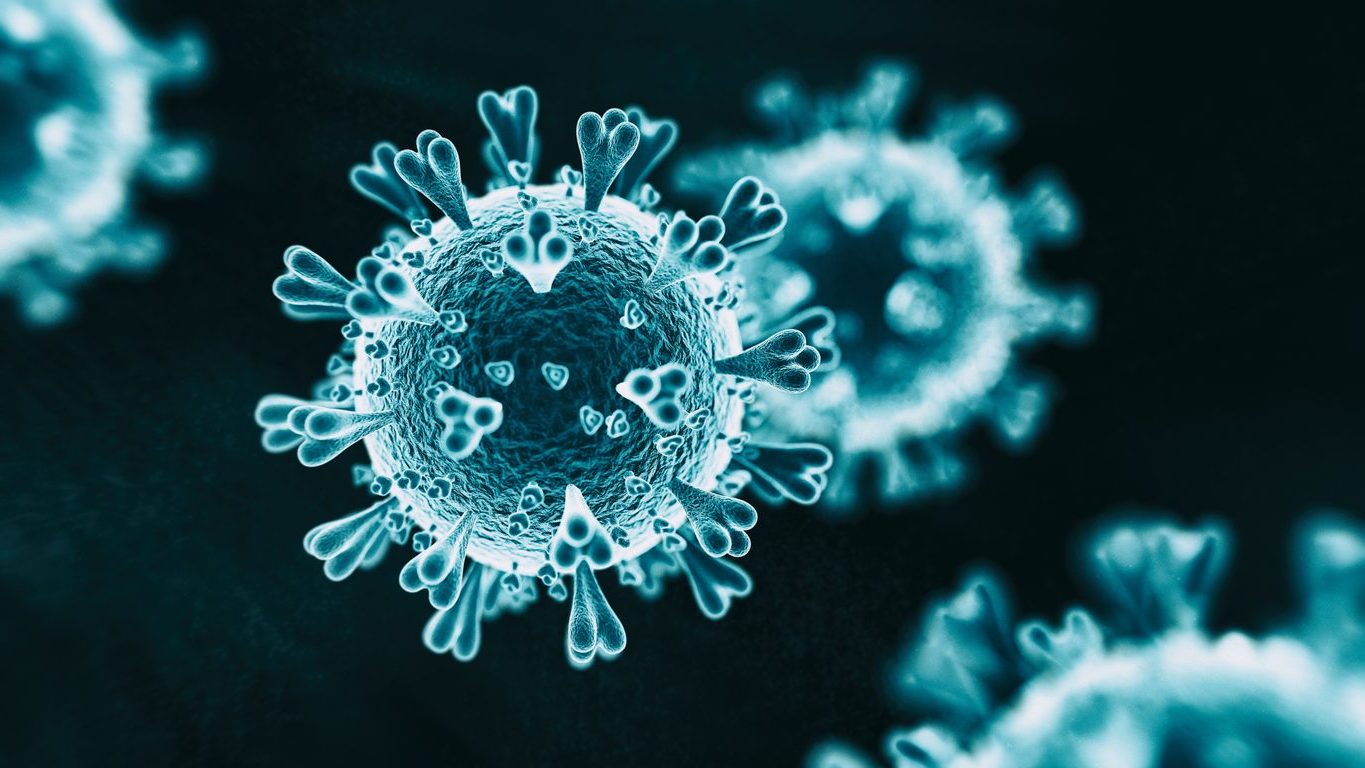The Government has this week issued updated guidance to schools on how best to manage cases of Covid-19. This follows a rise in cases across the UK and increased pressure on testing facilities, which are struggling to meet demand.
The situation has generated understandable frustration among families who are required to keep their children home, but are unable to receive tests or results in good time.
This frustration is being felt by some parents at Epsom, and is shared by the staff.
While we have measures in place to mitigate the impact of forced absences, there is still no substitute for being in school among peers and benefiting from face-to-face teaching. Anything that forces pupils away from school is regrettable, and anything that delays their return causes us all concern.
However, we are bound by the Government guidance in these matters. The full, updated guidance can be viewed here. What follows is a summary of the key points.
Under what circumstances should I be absent from school?
The updated guidance clarifies the circumstances in which pupils should be absent from school. These are:
- If they have the symptoms of Covid-19
The current guidance classifies these as:
-
- A new continuous cough
- A high temperature (38 degrees or above)
- A loss of, or change in, your normal sense of smell or taste
You should only seek a test if any of these symptoms is present.
If your child becomes unwell while at school, the Medical Centre will follow the Government guidance and pupils may be required to return home.
You should also keep your child at home if they are unwell for any other reason, but cold symptoms such as a runny nose or sneezing do not necessitate a Covid-19 test.
Tests should be booked online or by phoning 119.
- If they have tested positive for Covid-19
If someone tests positive they must follow the stay at home guidance and continue to self-isolate for at least 10 days from the onset of their symptoms.
They must only return to school if they do not have symptoms other than a cough or the loss of smell or taste. This is because those symptoms can continue for several weeks after the infection has gone.
If after 10 days the person still has a high temperature they should remain at home until the temperature goes.
- If someone in their household has tested positive
If someone within your household has tested positive you must self-isolate for 14 days. You do not need to undertake a test unless you display the symptoms listed above.
- If they have been told to self-isolate by Test & Trace
If you have come into close contact with someone who has tested positive, you will be contacted by Test & Trace and told to self-isolate for 14 days. You do not need to take a test unless you exhibit the symptoms outlined above.
What if I have been in contact with someone displaying symptoms?
Following clarification yesterday from the Government, pupils or staff who have been in close contact with a pupil displaying symptoms do not need to go home unless:
- they display symptoms themselves
- the symptomatic person subsequently tests positive
- they are requested to self-isolate by Test & Trace
The College has therefore adapted its procedures accordingly.
What happens if someone at Epsom tests positive?
If a pupil or member of staff tests positive for Covid-19, we will work closely with both the DfE (who will initiate an action plan based on the latest public health advice) and the local health protection team.
The first step will be to identify anyone who has been in ‘close contact’ with the patient during the period they were infectious, and ensure that they self-isolate.
Close contact means:
- Direct close contacts – face-to-face for any length of time, within one metre, including being coughed on, a face to face conversation, or unprotected physical contact (skin to skin)
- Proximity contacts – extended close contacts, within one to two metres for more than 15 minutes
- Travelling in a small vehicle, such as a car
If any of the above applies, the individual in question must self-isolate for 14 days.
Importantly, all other members of the household can continue as normal. They only need to self-isolate if the person already self-isolating develops symptoms.
If someone who is self-isolating because they have been in contact with a positive case starts to feel unwell, they should get a test. If that test is negative they should continue to self-isolate for the remainder of the 14-day period.
If they test positive, they should contact the school immediately. They should isolate for at least 10 days – and their household should isolate for 14 days – from the onset of the symptoms.
What happens if there are multiple positive cases at the College?
If two or more cases are confirmed within 14 days the health protection team will advise what further action needs to be taken. It is possible that a larger number of pupils may be required to self-isolate (such as year group, or House, bubbles).
The current advice is that whole school closures are unlikely to be necessary, given all the other measures to maintain social distancing, minimise close contact, and reduce transmission risks that we have put in place.
Will my child miss lessons if they have to self-isolate?
All teachers have been trained in delivering effective hybrid lessons. These are classroom-based lessons that will allow pupils to engage remotely via Microsoft Teams.
Resources are shared remotely, and, where appropriate, teachers will link their iPads to the online stream, so that it acts as a virtual whiteboard during the lesson.
As you would expect there have been some teething problems in the initial lessons – with audio quality sometimes dropping. We are aware of these, and the issues should now be resolved. If you do encounter any problems going forward, please raise these with your pupil’s teacher or their Housemaster/Housemistress.
What impact will self-isolation have on Block tests and Assessments?
Pupils are assessed regularly throughout the year and these tests provide useful data; helping us monitor performance and provide support where necessary. This data proved useful last year when arriving at the Centre-Assessed Grades for A-levels and GCSEs.
Therefore, some parents are understandably nervous about the impact that enforced absences and remote learning may have on their child’s performance in these assessments.
Please be reassured that all teachers are aware of the unique circumstances in which we find ourselves. We will always take into account extenuating circumstances and endeavour to provide support and guidance where necessary.





